
First things first, I needed some data. I spent a good chunk of time digging around, trying to find anything related to "umass portland" that I could quantify. Think enrollment numbers, maybe some historical trends, anything that seemed relevant. It was a bit of a scavenger hunt, to be honest.

Once I had a decent pile of info, the real work began. The data was all over the place – different formats, missing pieces, you name it. I spent a lot of time cleaning it up, getting it into some kind of shape where I could actually work with it. Lots of copying and pasting, let me tell you.
With the data all nice and tidy, I started experimenting. I tried a few simple prediction methods, just throwing stuff at the wall to see what would stick. Honestly, most of it didn't. I had a few spreadsheets filled with numbers that just didn't make any sense. There was a lot of head-scratching and "what am I even doing?" moments.
Key steps I took:Back to the drawing board, did a bunch of redoing my work and calculations
After a lot of trial and error, I finally found something that seemed to, well, predict something. It wasn't perfect, not by a long shot, but it gave me a rough idea of what might happen with "umass portland" based on the data I had. It was a small victory, but I'll take it!
So, what did I learn? Predicting the future is hard! But even more than that, I realized it's about the process. The digging, the cleaning, the experimenting, even the failing – it's all part of learning and figuring things out. And hey, I had some fun along the way. Would I trust my predictions to make any big decisions? Probably not. But did I learn something new? Absolutely. That's all that counts.

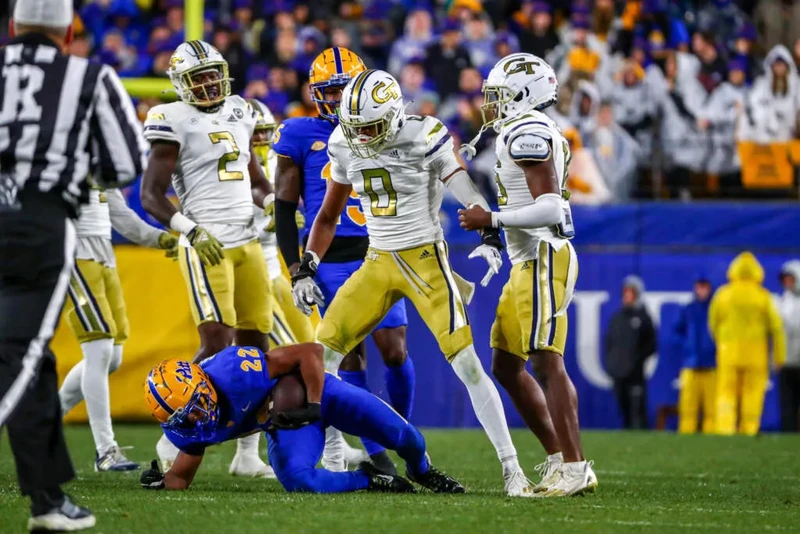
First, I opened my browser. Nothing fancy, just the usual Chrome. Then I typed in "LSU" in the search bar and hit enter. Boom, tons of stuff popped up. I saw their official website, Wikipedia page, news articles... you name it. I clicked around a bit, checked out some photos of the campus (pretty nice!), and read a little about their history.
Next, I did the same thing for Georgia Tech. Opened a new tab, typed "Georgia Tech," and pressed enter. Same deal – website, Wikipedia, news. I noticed Georgia Tech seemed to have a lot more about engineering and technology right upfront, which makes sense. Scrolled through their site, looked at some of their research projects – pretty impressive stuff.
Honestly, It is just my personal experience today. Just sharing my process of searching.

First, I started by just looking around. What are people even talking about when they say "Tulane prediction"? It seemed like mostly sports-related stuff, scores, game outcomes, that kind of thing. I figured that's where I should focus my energy.

Then I dug into some recent Tulane games. How did they do? Who did they play? Were there any patterns? I jotted down scores, opponents, wins, losses – the basic stuff. It felt a bit like detective work, trying to find clues.
Next, I tried to see if there was any information about upcoming games. Who are they playing next? Is it a home game or away game? I searched for news articles, team schedules, anything that might give me a hint. I wrote down any useful details.
After gathering all this, I sat down and tried to make some sense of it. Were they on a winning streak? Losing streak? Did they perform better at home? I considered all these factors and started to form a very, very rough idea of what might happen in the next game.
It’s important to realize, there is absolutely no magic here. It’s just looking at what happened before and guessing what might happen next. I did my best to make an educated guess, a prediction based on the little bit of digging I did.I think they have ability to win, but it is just a guess, let's see what will happen!

First thing I did was try to find a good, solid schedule. You know, something I could actually rely on. I searched around on the internet – just regular Google searches, nothing fancy. I looked at a few different sports sites to see who had the most complete information.

Once I got a decent schedule, I started trying to, well, watch the games. I didn't have cable, so I had to get creative. I was looking into all sorts of, ahem, alternative ways to view. I recall spending a good chunk of time hunting down streams. It felt like a part-time job, just staying on top of it all!
I even tried to keep notes, you know, like a real sports fan. I had this little notepad where I was going to jot down scores and key moments. That...didn't last. After, like, two games, I totally gave up on the note-taking. It was just too much to juggle while I was also messing around trying to, find the games in the first place.
In the end, did I become a Big 12 Tournament expert? Nope. Did I even watch all the games? Absolutely not. But, I put in the effort, I tried to follow along, and I definitely remember the scramble of it all. It was one of those things where the process of trying to keep up was probably more memorable than the actual event, to be honest.
I think my big takeaway was that sometimes, it's okay to just enjoy things casually, even if you don't become a super-fan overnight. And that, reliably finding live sports streams is a skill in itself!

First, I grabbed my laptop and pulled up the FSU website. I needed that official course schedule. It's usually buried somewhere in the academics section, but I've done this enough times that I kinda know where to look.
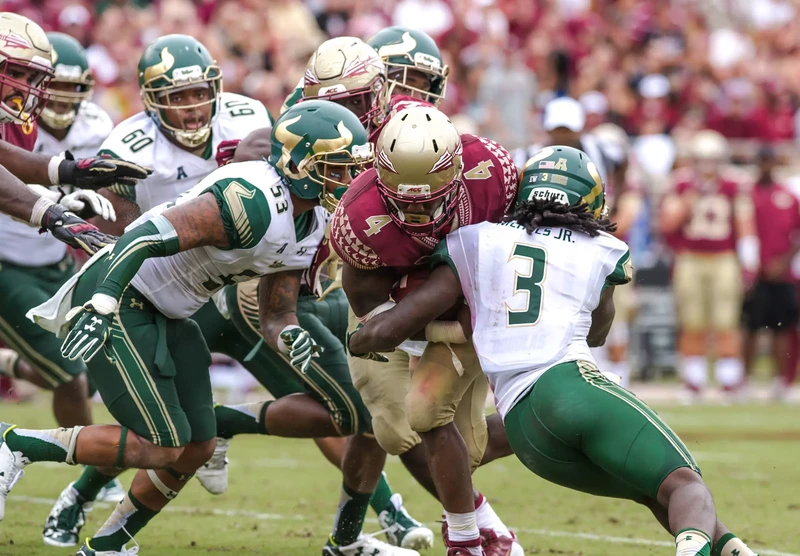
I started by browsing through the main FSU website, looking for the "Academics" or "Course Listings" section. Usually, it is a little tricky to find the correct page.
Once I had the schedule, it was time to dig in. I already had a general idea of the classes I needed, so I started by looking for those.
I also made sure to check for any prerequisites. No point in getting excited about a class only to find out I couldn't take it yet!
Once I found a few potential classes, I jotted down the course codes, times, and professor names. It's much better than keeping it all in my head. I then figured out the professor is good or not.
Finally, I took all those notes and tried to piece together a schedule that wouldn't have me running across campus between classes.

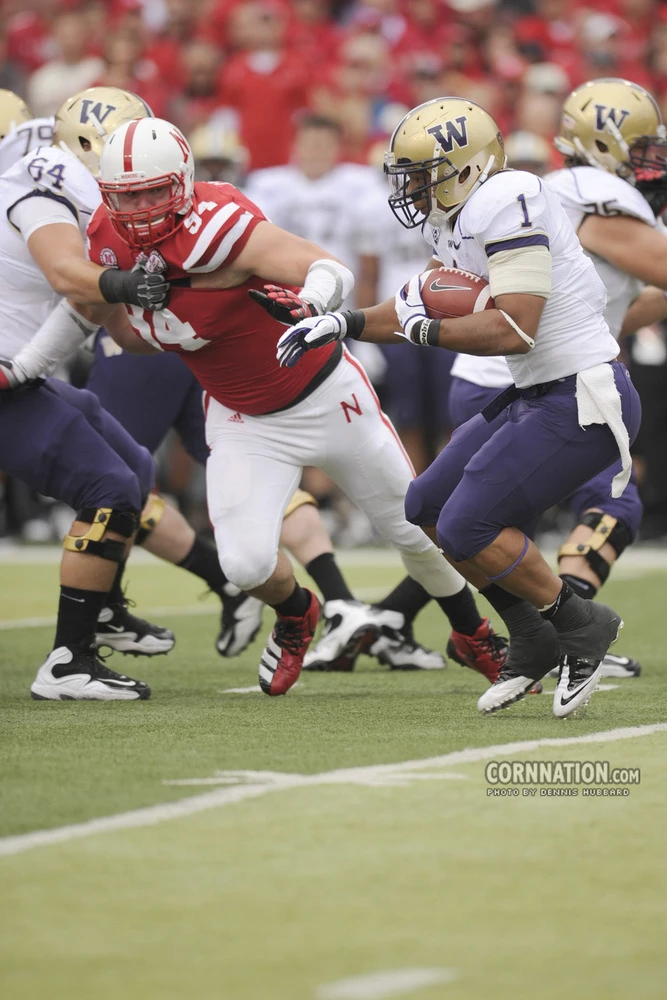
First, I just wanted to get a general feel for the season. So, I opened up my browser and typed in "2011 Nebraska Football". Plain and simple. You know, just seeing what popped up.
The search results gave me the usual stuff - Wikipedia, the official Nebraska Athletics site, some news articles. I clicked around a bit, reading some summaries of the season. They had a pretty good year, it looked like!
Now, I was curious about specific games. So, I refined my search. I started looking for things like "2011 Nebraska vs. Ohio State" or "2011 Nebraska vs. Wisconsin". This brought up game recaps, highlights, and even some old forum discussions.
It took some time, going back and forth between different pages, and cross-referencing info. But that is the way to figure things out!

First, I dug around for some recent scores. I wanted to get a feel for how both teams were performing lately. Were they on a winning streak? Losing badly? You know, the basic stuff.
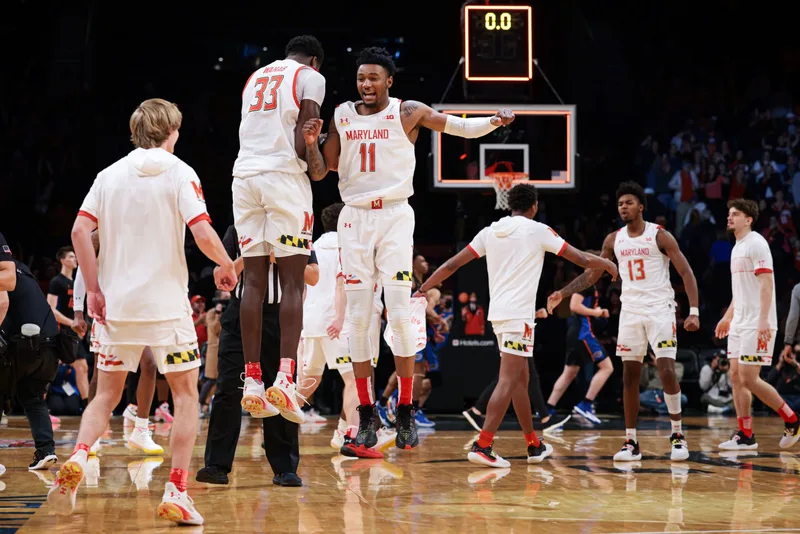
Then, I looked at their past matchups. Did one team usually dominate the other? Any close games? This gave me a little historical context.
Next, I checked out any news about the teams. Any key players injured? Suspended? Anything that could significantly impact the game. This part was a bit trickier, had to sift through a few articles.
After gathering all that info, I kind of just...weighed it all in my head. No fancy formulas or anything, just my gut feeling based on what I'd found. It was like, "Okay, Maryland has been scoring a lot lately, but Wisconsin's defense is pretty solid..." That sort of internal debate.
Finally, I made my prediction. I won't say it was super scientific, but I felt like I had a decent reason for picking the team I did. It wasn't a total shot in the dark, at least!

First, I spent some time just gathering information. I mean, you gotta start somewhere, right? I scoured the web for anything related to FIU and NMSU – past game results, player stats, news articles, you name it. It was a bit of a mess, to be honest, like trying to put together a puzzle with pieces from different boxes.

Then, I started trying to organize all this data. I'm a big fan of spreadsheets, so I dumped everything in there. I created different columns for things like points scored, yards gained, turnovers… basically anything that seemed like it might be relevant. It looked pretty overwhelming at first, but I just took it one step at a time.
I focused on identifying the key, because I found some data seems like useless, so I tried to pick out some of the core data.
After all that, I started to form my own prediction. It wasn't anything fancy, and I'm definitely not claiming to be an expert, but it was based on the information I had gathered. I made a few educated guesses based on the trends I thought I saw. It felt a bit like reading tea leaves, but hey, it was fun!
Finally, I compared my prediction to what some of the "experts" were saying. Sometimes I was close, sometimes I was way off. But the whole process was a good learning experience. It showed me how much work goes into making these kinds of predictions, and how much uncertainty there can be.
So you can say, that I finally finished the "fiu nmsu prediction" thing.

First, I fired up my trusty old browser. You know, the one everyone uses.
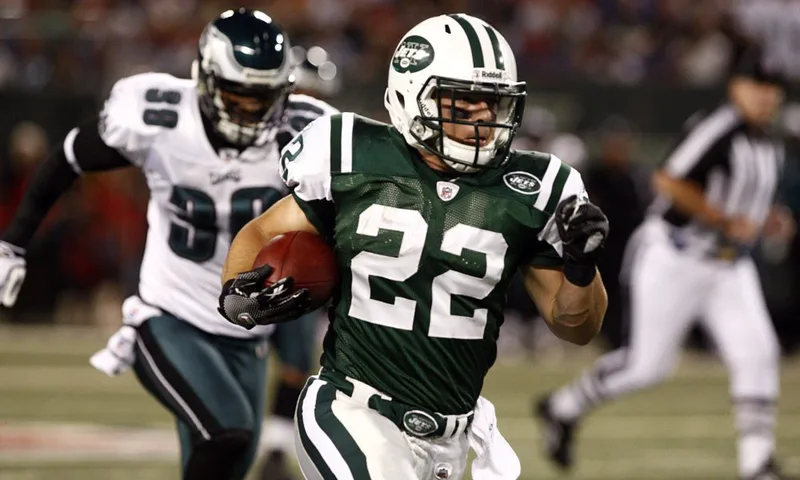
Then, I typed in "jets 2009 schedule" into the search bar. Pretty straightforward, right?
The search engine did its thing, and boom! A bunch of results popped up.
Finally, after a bit of clicking around, I found what I was looking for, I got the complete 2009 Jets schedule. It was pretty cool to see who they played and when, even if it was years ago.
That's all there is to it. Simple search, a bit of digging, and I got the info I needed. No fancy tricks, just a basic internet search!

First, I needed to find the actual roster. This sounds easy, right? Just Google it! Well, not so fast. I started by hitting up the usual sports sites. You know, the big names.
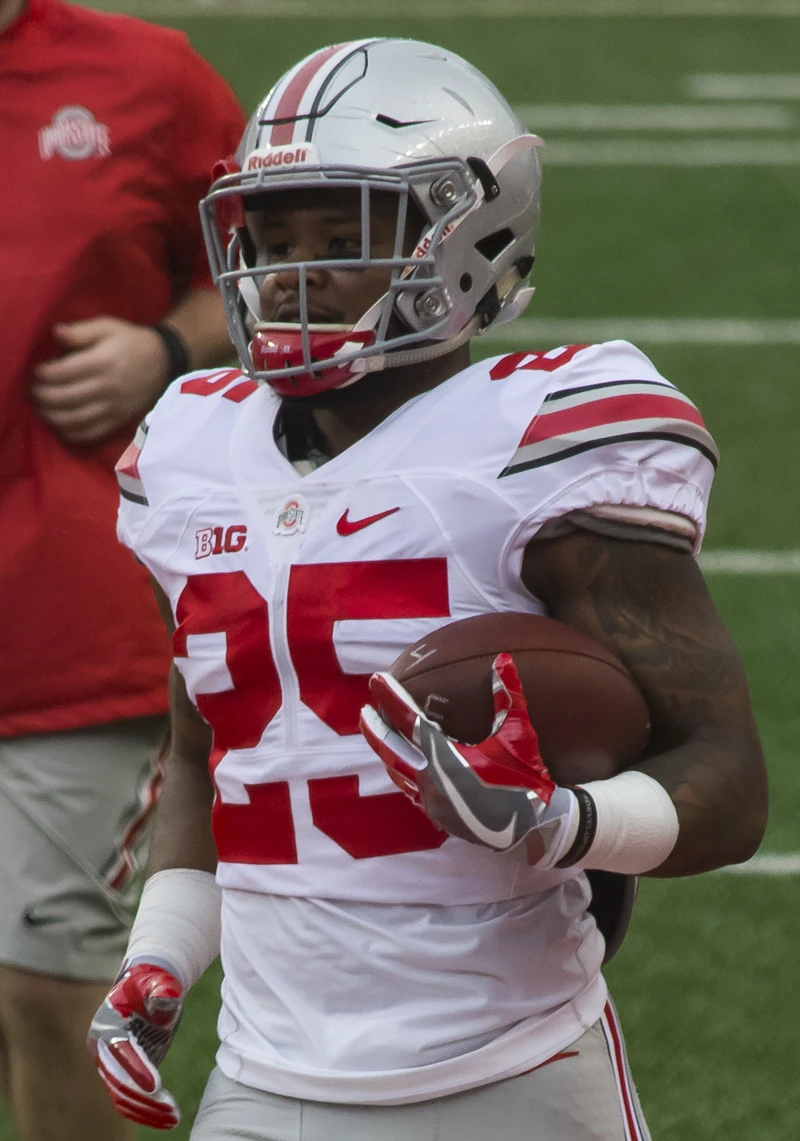
The problem I ran into was that a lot of sites had parts of the roster, or they were focused on specific positions, or they mixed in future recruits. I needed the full, official 2015 roster, and it was surprisingly hard to nail down.
Eventually, I found a few sources that seemed pretty accurate. But even then, they weren't perfect. I ended up cross-referencing multiple sites, making sure the player names, numbers, and positions all lined up. It was a bit tedious, to be honest. There were several discrepancies
So, after all that digging and checking, I finally compiled what I believe is the most accurate representation of that 2015 roster. Here is what I have.
It took longer than I expected, but now I've got it documented! I learned to double or triple check anything, and use multiple sources just in case.

First, I fired up my trusty old browser. My go-to move is usually just a simple search, so I typed in something like "2015 NCAA wrestling brackets."

I browsed through some general sports sites, but nothing really jumped out at me that I can use. I even tried a few different search terms, but I kept getting sent to the same pages.
I poked around, looking for a PDF version or something. I found some, but they weren't complete, only some weights class.
After doing some deep research, I ended up pulling up each weight class individually. It wasn't as convenient as having one big file, but it did the trick. I could see who faced who, the scores, the upsets... all of it!
It took me a while to look at all the wrestlers, but I managed to see the entire event. That’s so cool! The whole process was a bit of a scavenger hunt, but it's all worth it to me.

Alright, so I wanted to figure out this whole Central Florida vs. Boise State prediction thing. I'm no expert, but I like to dig in and see what I can find. It's kinda like a puzzle, you know?
First, I just started poking around. I'm talking basic searches. I wanted to get a feel for what people were already saying. Like, what's the general buzz?

Then, I started looking at the teams themselves. I mean, you gotta know who you're dealing with, right? I checked out their recent games. Did they win big? Lose badly? Were there any close calls? All that stuff paints a picture.
I am gonna check the win lose Records from both team,then i can get a feel about how well they are doing.
After that, I thought, "Okay, who are the key players?" Every team's got those guys who can really make or break a game. So, I tried to find out who to watch for on both sides.
Injuries. Man, those can throw a wrench into everything. I did some digging to see if any important players were out or maybe just coming back from being hurt. That can totally change the game.
Then I thought about where the game is being played. Home field advantage is a real thing, so I checked that out too.
Honestly, after doing all this, I still felt like I was just scratching the surface. It is very complicated! there's so much that goes into these games, and the more I looked, the more I realized how much I didn't know.
Finally I make all the things above sum up and try to make a prediction, of course the result turns out maybe correct or not, But I tried.
So, that's my little journey into trying to predict this game. It was more about the process of learning and exploring than actually coming up with a perfect answer. And honestly, that's what I enjoyed most about it. and I am happy to share this journey, that's all.

First thing I did was hit up the internet to watch some of his games. Just wanted to see how he plays, you know? I searched for "Isaac Schultz basketball highlights" and a bunch of videos popped up.

After all that watching, I figured it was time to actually, you know, play some basketball. I headed to my local court with my old, beat-up ball.
Man, I was tired after that. My arms were sore, my legs were burning, but it felt good. I think I'm getting a little better, even if it's just a tiny bit.
Also I felt that I need to do more and more practice to improve myself.
I plan to keep watching more of Isaac Schultz's games and keep practicing. It's a long road, but I'm determined to get better. Maybe one day I'll be able to shoot like him... a guy can dream, right?
I realized that it takes time to become a pro, so I need to keep working hard.


First, I opened my browser. Nothing fancy, just good old Chrome.
So basically, I confirmed that I was a bit too early for the detailed 2024 brackets.I guess I am going to wait and check it again near tournament time.

First, I gathered some data. I spent a good chunk of time just surfing the web for his match stats – wins, losses, aces, double faults, the whole shebang. It was a bit of a mess, honestly, finding everything in one place was impossible. I jumped between different sports sites and even some obscure forums.
I ended up with a pretty big spreadsheet. It was kind of overwhelming at first. I had columns for opponent ranking, tournament type, surface, and of course, all of Milos's stats for each match. I even added a column for the date of the match, thinking that might be useful later.

Then came the "fun" part – cleaning the data. Man, there were so many inconsistencies! Some sites used abbreviations, others spelled out names. Some had missing data. I spent hours just making sure everything was uniform and usable. It felt like detective work, filling in the blanks and correcting errors.
Once the data was somewhat presentable, I started looking for patterns. I made some simple charts and graphs, just to visualize things. I wasn't looking for anything super complicated, just basic trends. Like, does he perform better on hard courts versus clay? Does his ace count go up against lower-ranked players?
Honestly, I didn't use any fancy machine learning or algorithms. I figured I'd keep it simple. I mostly looked at recent performance. If he'd been on a winning streak, I'd be more optimistic about his next match. If he'd been struggling with injuries or losing to lower-ranked players, I'd adjust my expectations accordingly.
My "predictions" were more like educated guesses, really. I'd write down my thoughts before each match, like, "Milos has been serving well lately, and he's playing on his favorite surface, so I think he'll win in straight sets." Or, "He's facing a tough opponent, and he's had a few shaky matches recently, so I'm predicting a loss."
It was all pretty subjective, to be honest. There's so much that goes into a tennis match – form, fitness, mental strength, even the weather! My little spreadsheet couldn't capture all of that. But it was still a fun exercise. It made me pay closer attention to the matches and appreciate the nuances of the game.
In the end did not do well, but it was amazing experience for me.

Sports news blog
Hope this sorts out your pressing problem, mate